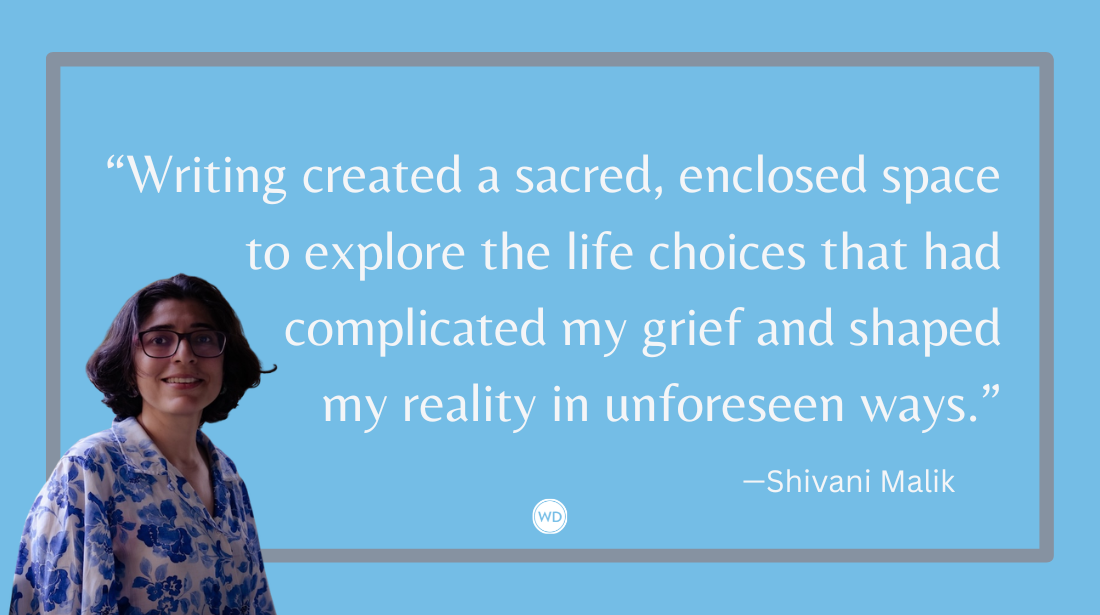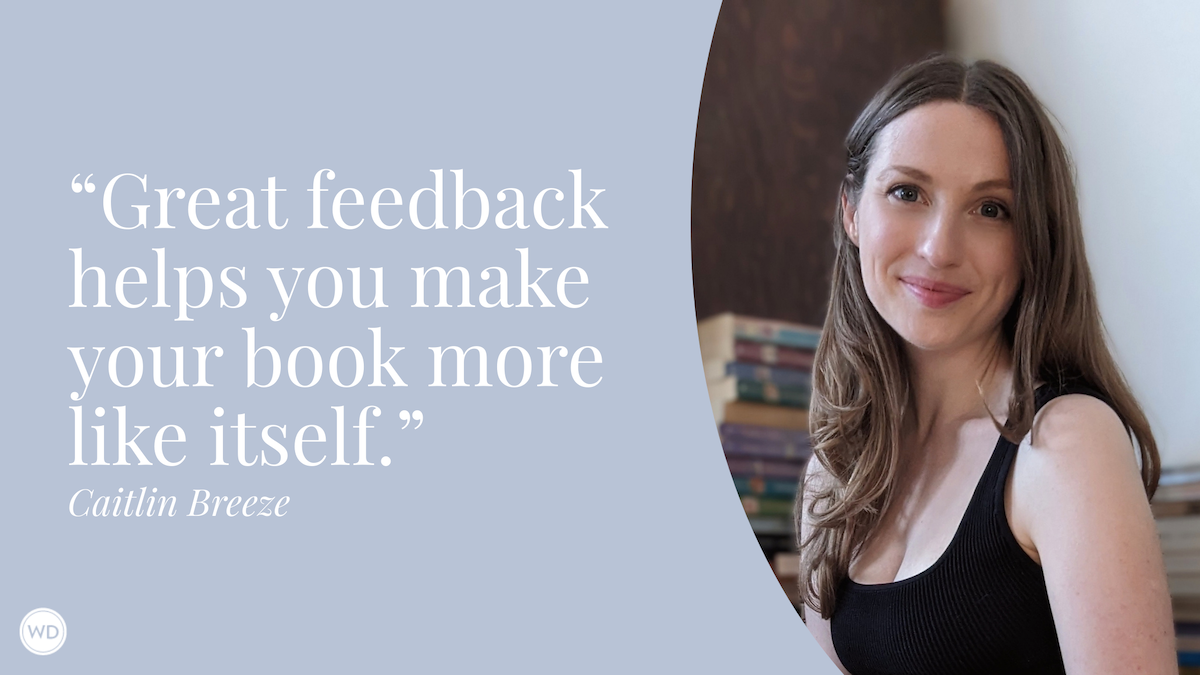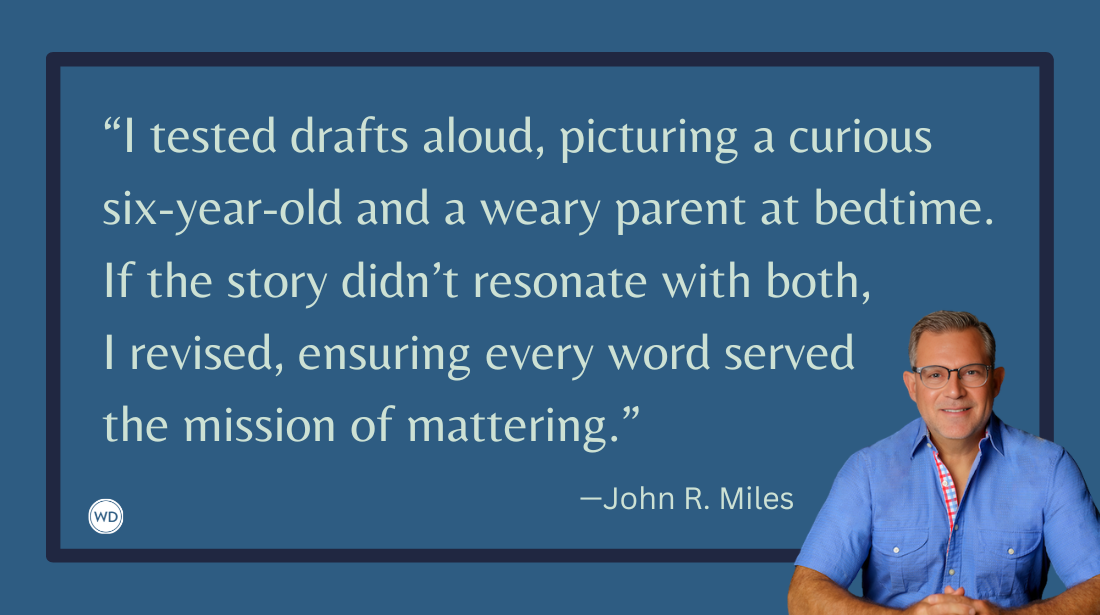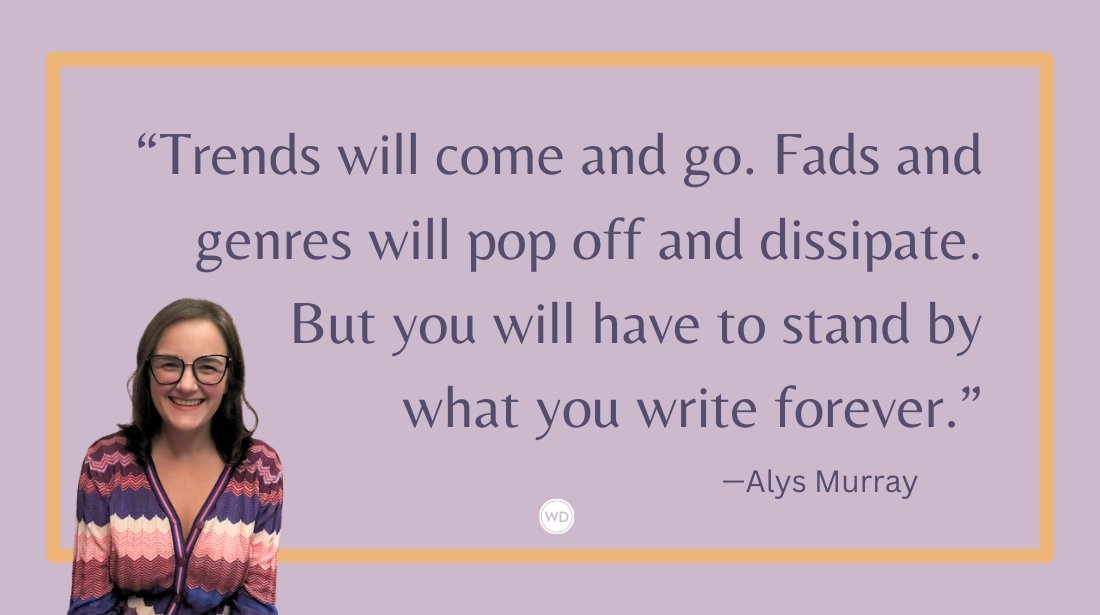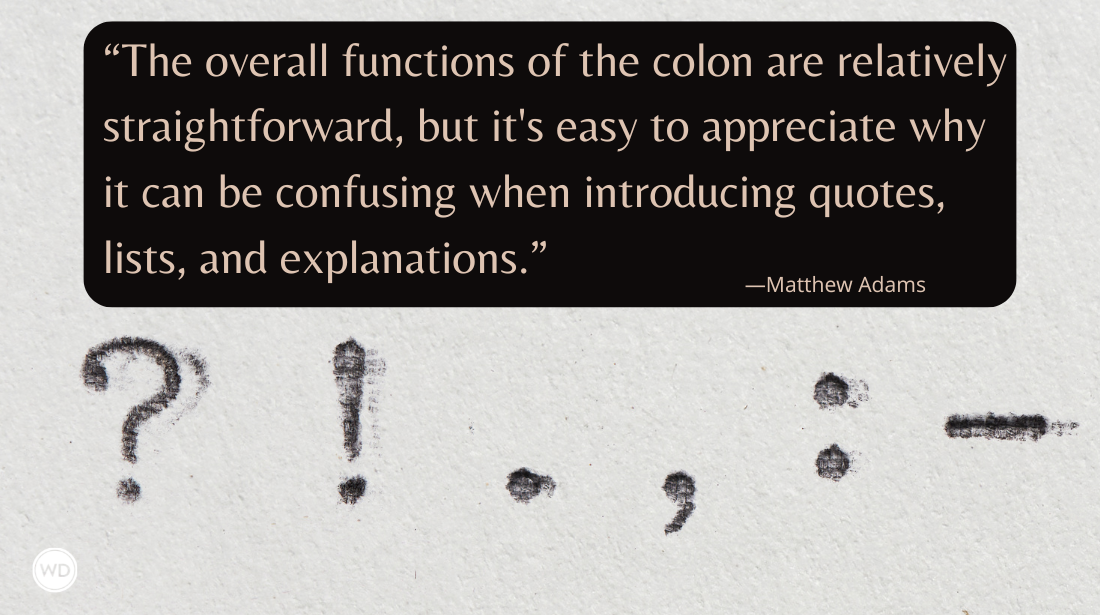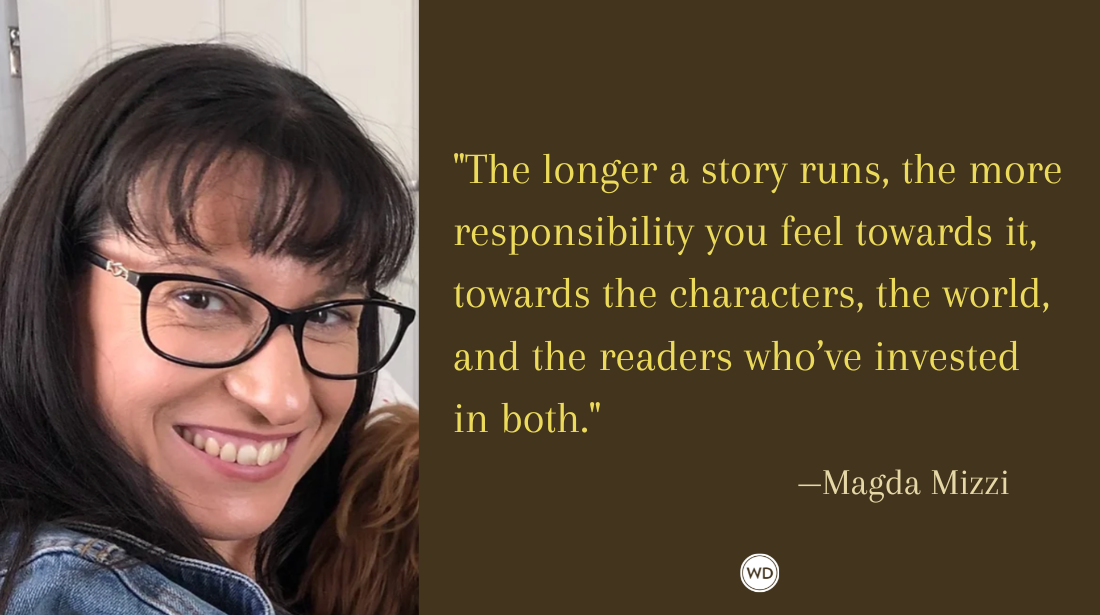Novel in 30 Days Worksheet Index
To help you successfully complete your book in 30 days, here are nine worksheets to help you keep track of plot, scenes, characters and revisions. All of these worksheets originally appeared in Book in a Month by Victoria Lynn Schmidt and were also featured in the special issue Write Your Novel in 30 Days.
To help you successfully complete your book in 30 days, here are nine worksheets to help you keep track of plot, scenes, characters and revisions. All of these worksheets originally appeared in Book in a Month by Victoria Lynn Schmidt and were also featured in the special issue Write Your Novel in 30 Days.
You can download free PDF versions of all worksheets by clicking on the link below.
Story Tracker (Act I, Act II, Act III)
These worksheets help you outline before you start writing, and/or keep track of your story’s progression as you go.
Story Idea Map
This worksheet is especially critical for writers who will be working without any kind of outline. During the first few days of your 30-day effort, you should complete this worksheet.
Scene Card
Scene cards can be used as an outlining tool before you begin your 30-day effort, or as a daily writing and brainstorming technique. Scene cards can also play a critical role in revision. Index cards can be used instead of the worksheet if preferred.
At-A-Glance Outline
The At-A-Glance Outline offers a quick way to fill in the blanks of your story. It guides you to answer the right questions for each area of your story, the questions that will come up fast when writing.
Character Sketch
Keep track of the qualities of each major character using these sketches. As you become more experienced as a writer, you may want to create your own character profile worksheets.
Character-Revealing Scenes
This more advanced outlining worksheet helps you identify where and how you will reveal important aspects of each major character.
Climax
This worksheet helps you consider your novel’s climax, the point where the protagonist faces the conflict directly, with his goal on the line.
Closing & Denouement
Questions on this worksheet analyze the novel’s post-climax scenes with an eye toward tying up unresolved arcs and the novel as a whole.
Reversal Brainstorm
Plan ahead for characters’ changes of heart, new situations, unexpected betrayals and more.




